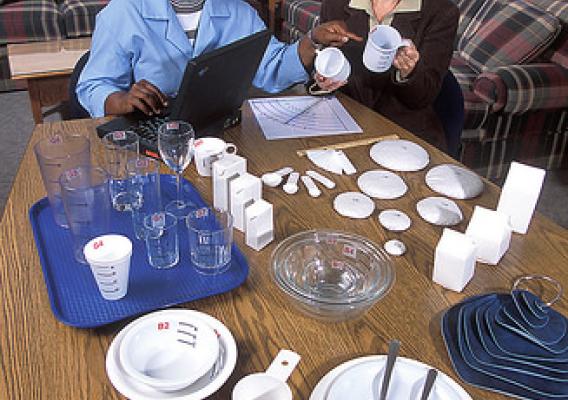Recently, the National Society of Minorities in Agriculture, Natural Resources, and Related Sciences (MANRRS) hosted its 31st National Career Fair and Training Conference. MANRRS is a non-profit organization that promotes academic and professional advancement by empowering minorities in agriculture, natural resources, and related sciences, and has more than 1,650 members in 38 states. Welcoming people of all racial and ethnic backgrounds, MANRRS works to increase diversity of talent in the field of agriculture.
As a longstanding partner with this organization, USDA helped sponsor the 2016 MANRRS conference, where over 950 participants from across the Nation gathered to discuss ways to grow the next generation of leaders. Participants ranging from high school students to professional members explored the latest developments in the agriculture, natural resources, and related sciences along with professional development, networking, and mentoring.










